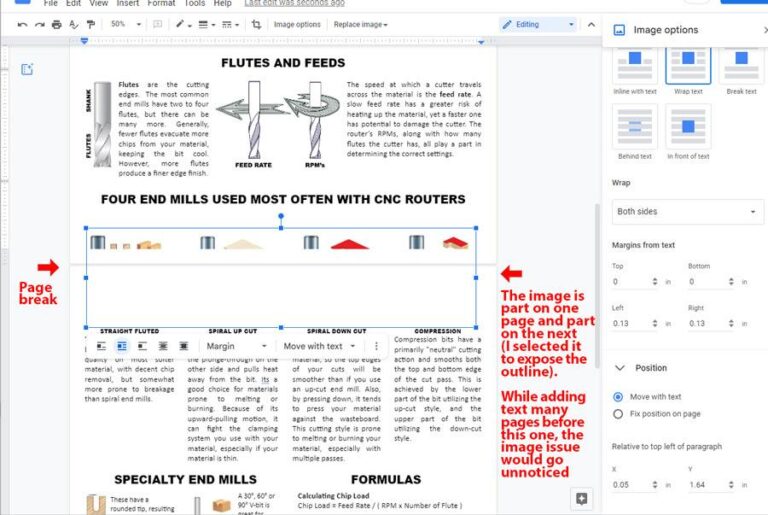Rwanda’s Potential Role in Hosting U.S. Deportees: A New Chapter in Migration Policy
Rwanda has initiated preliminary discussions about the possibility of accepting migrants who may be deported from the United States.This advancement could significantly alter immigration dynamics and international relations between the two countries. As debates continue in the U.S. regarding immigration policies and asylum seeker treatment, Rwanda’s willingness to serve as a refuge for those facing deportation raises critically important questions about human rights, global cooperation, and future migrant policies within the United States. This article explores these negotiations, Rwanda’s motivations, and their broader implications for migrants and policymakers.
Rwanda’s Initiative for U.S. Migrant Relocation
The Rwandan government is actively pursuing diplomatic talks to establish a formal agreement with the United States concerning the relocation of individuals slated for deportation. These discussions arise amid a contentious plan by the U.S. government to transfer certain migrants to third-party nations. By expressing its readiness to host these individuals, Rwanda aims to present itself as a compassionate option amidst stringent migration policies.
This initiative not only seeks to enhance Rwanda’s international reputation but also reflects its commitment to humanitarian efforts.
Several critical factors are influencing Rwanda’s strategy:
- Strengthening International Relations: Building closer ties with the U.S. can improve Rwanda’s diplomatic standing on a global scale.
- Economic Growth: Welcoming migrants could invigorate local economies through job creation and increased investment in essential services.
- Cultivating a Humanitarian Image: By offering refuge to vulnerable populations, Rwanda aims to reshape perceptions surrounding its immigration practices.
| Advantages of Accepting Migrants | Potential Obstacles |
|---|---|
| Bilateral relationship enhancement | Inequities in resource distribution |
| Economic revitalization opportunities | Cultural assimilation challenges |
Impact on Rwanda’s Global Image and Diplomatic Relations
The prospect of hosting deported migrants from the U.S. represents a meaningful shift in how Rwanda engages with international humanitarian issues. While this move could bolster its image as an active participant in addressing global migration challenges, it also prompts concerns regarding local communities’ capacity and existing refugee populations’ welfare.
This initiative may enhance Rwanda’s standing among Western nations as it positions itself as an influential player tackling worldwide migration issues; though, it might also attract scrutiny from human rights organizations worried about how these new arrivals will be treated within Rwandan society.
- Diplomatic Leverage Increase: Accepting migrants can strengthen Rwanda’s negotiating power concerning foreign aid agreements.
- Nurturing Humanitarian Partnerships:This effort may lead to collaborations with international NGOs focused on refugee support.
- Tackling Domestic Challenges:The integration process for deported individuals might strain local resources or create societal tensions.
Evaluating Potential Outcomes and Safeguarding Migrants’ Rights
The recent announcement by Rwandan officials regarding initial talks about hosting deported American migrants raises crucial considerations surrounding migrant rights protection measures if such arrangements materialize into formal agreements that set precedents globally regarding migrant treatment during deportation processes.
This potential partnership could lead various outcomes including heightened scrutiny over conditions faced by refugees within Rwandan borders while establishing frameworks aimed at ensuring their rights are respected according both national laws applicable locally alongside established international human rights standards.To prepare effectively stakeholders must consider several recommendations designed specifically towards safeguarding those affected:
- Adequate Legal Protections: Create pathways ensuring access legal representation while informing them thoroughly about their entitlements under law;
- Monitoring Mechanisms: Implement autonomous oversight systems monitoring living conditions ensuring compliance adherence towards internationally recognized norms;
- Community Involvement: Engage local organizations fostering networks supporting newly arrived persons addressing emerging difficulties promptly;
- Public Awareness Initiatives: Educate citizens around experiences faced by immigrants promoting understanding empathy throughout society; </ li></ ul>
These strategies aim at mitigating risks associated whilst creating equitable approaches handling cases involving people subjected under such agreements.</ p>
Conclusion & Key Insights
In conclusion,Rwanda confirming early-stage dialogues concerning hosting US-deported individuals signifies noteworthy developments ongoing conversations related migration asylum policy frameworks.As countries navigate complex dilemmas tied up around migratory patterns,this prospective collaboration brings forth vital inquiries pertaining human dignity,responsibilities owed refugees seeking safety abroad.In light evolving circumstances,it becomes imperative monitor outcomes stemming negotiations closely assessing impacts upon both involved parties along wider humanitarian efforts globally moving forward.







